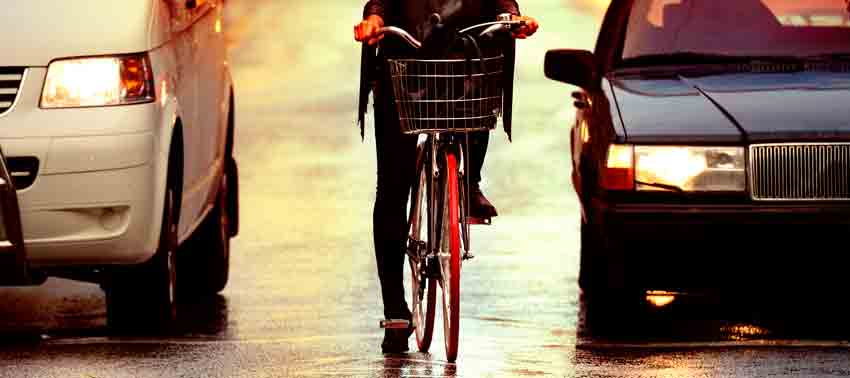Behaviour & dialogue

In order to change how people travel, it is important to understand how behaviour and norms change, both on the individual as well as the societal level. Mobility management is an example of an important tool that can be used in this area. But it is also important to consider cooperation and dialogue, and that ideas, suggestions and results are discussed so that stakeholders all work towards the same goal.
Mobility Management
Through Mobility Management (MM) we help our clients to promote sustainable transport and manage the demand for car use by changing travellers’ attitudes and behaviour with the application of “soft measures”. We have worked on many MM projects in Sweden and have had a decisive role in the creation of Sweden’s first three mobility centres. We were partners in two of the most important EU-projects in the field, namely MOST and MAX.
Dialogue
One example of how Trivector works on dialogue is through the Future Search (www.futuresearch.net). This consists of organising a participatory visioning and planning meeting(s) with a variety of stakeholders in order to build up a mutual understanding of the past, present and future. The aim is to discuss possible and desirable future scenarios, and to agree upon a common ground (a vision, objectives and actions). A Future Search meeting(s) is a 3-day workshop, involving 40 to 80 people (stakeholders) who share a common purpose and set of questions about a topic.
Contact
Some of our relevant project experience
School Mobility Labs – for more sustainable transport to school
In this project, we will through a norm-creative innovation process in the form of School Mobility Labs with parents and children identify solutions that encourages walking and bicycling to school. Sallerupskolan in Eslöv is used as case. School Mobility Labs builds on co-creation, i.e. it is the participants who, together with experts, formulate problems and challenges, generate different solutions, and determine the design of the solutions. The mobility lab has the format of a workshop and is conducted with children and parents together to find out solutions that create prerequisite for more sustainable transport to school. The process is intended to promote environment and health, gender equality, and competitiveness in the municipality and the region. For more information: Hanna Wennberg (+46 10 456 56 08), Nina Hvitlock (+46 10 456 56 20)
SEEMORE (2012-15)
Co-funded under the Intelligent-Energy Europe Programme of the European Union, SEEMORE looked at how to encourage more sustainable travel behaviour amongst visitors to 8 European coastal tourist regions. For more information, contact: Caroline Mattsson +46 10 456 56 43.
Action plan for mobility management in the region of Örebro (2016)
For the region of Örebro, Trivector developed a draft action plan for mobility management covering the whole region. For more information, contact Karin Neergaard.
Commute by bike 2.0 (2014)
Trivector evaluated this campaign which was run by the City of Lund. For more information, contact Caroline Ljungberg.
MAX
MAX was an FP6 EU project on Mobility Management (MM) and Travel Awareness (TA) in transport. For more information, please contact Pernilla Hyllenius Mattisson, +46 10 456 56 07 or Lena Smidfelt Rosqvist, +46 10 456 56 10, or visit the MAX website.

